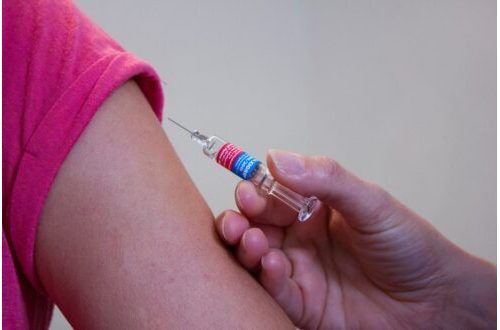What happens if Parents Disagree on Vaccinations for their Children?
On 19 July 2021 the vaccines minister, Nadhim Zahawi, confirmed that children over the age of 12 yrs, who are at high risk from Covid or who live with other vulnerable people, will be offered a Covid vaccine, along with those about to turn 18 yrs. It is expected that just under 400,000 children will be eligible.
While for adults, the decision as to whether to get vaccinated (for Covid or any other disease) is a personal one, for a child that decision rests with those who have parental responsibility. Usually that will be the child’s parents but depending on the circumstances, it could also include a Step-Parent, Special Guardian or the Local Authority. See here for our previous blog which explains the concept of parental responsibility and who has it. https://www.tisshawssolicitors.co.uk/what-is-parental-responsibility-and-what-are-child-arrangements-orders-caos/
So, what happens if one or more people has parental responsibility for a child and they don’t agree about whether the child should be vaccinated? The court made clear in the 2003 case Re: C (Immunisations) that if the parents (or others with parental responsibility) could not make this type of decision by agreement, then it was appropriate for an application for a specific issue order to be made to the court and for a Judge to settle the issue.
When an application of this type is made, the Judge must consider what is in the best interests of the child. There were two cases in 2020 which considered the issue of vaccinations, one, Re H (A child) (Parental responsibility: Vaccination) was in the context of a child, who was looked after by the Local Authority, whose parents objected to routine vaccinations. The other, M v H (Private Law Vaccinations) was between two parents, the father, who wanted his children to have the usual childhood vaccinations and the mother, who was opposed to this.
In both cases the Judges gave useful summaries of the law in this area. In Re H the Court of Appeal concluded that whilst the parent’s views should be considered, the local authority could use its powers to consent to the child being vaccinated. The court indicated that the scientific evidence was clear that it is in the best medical interests of children to be vaccinated, unless there was something specific about the child which would suggest otherwise.
Relying on this case in M v H, the Judge made an order that the children in this case should have their normal childhood vaccinations. He would not make an order with regards to the Covid vaccinations because when this matter was heard, in December 2020, those were not yet being recommended for children and therefore he considered it premature for the court to make that ruling.
However, he also added that:
“It is very difficult to foresee a situation in which a vaccination against COVID-19 approved for use in children would not be endorsed by the court as being in a child’s best interests, absent peer-reviewed research evidence indicating significant concern for the efficacy and/or safety of one or more of the COVID-19 vaccines or a well evidenced contraindication specific to that subject child. ”
It therefore seems clear that in the event of a dispute between the parents about whether or not an eligible child should have the Covid vaccine (or any other recommended vaccination), it is likely that the court will make a specific issue order that they should be vaccinated, unless there is strong evidence, from a reliable source, that there is a good and specific reason why this child should not be vaccinated.
Consequently, we would suggest that any parent, or other person with parental responsibility, who may be struggling with these issues gets legal advice at the earliest possible opportunity. While this blog has discussed the position with regards to the court and the likely orders that would be made, parents should be aware that it can take significant time to get a final decision from a Judge and that in many cases, it will be better for the parents to try to reach a decision by discussing the matter in mediation or by taking the issue to an Arbitrator who may be able to assist much more quickly.
Please do not hesitate to contact us on 01444 472700, at [email protected] or by using our quick contact form if you would like to discuss this or any other family law matter.

Book a consultation to discuss your options –
Only £100 (Incl. VAT)
We know how difficult divorce and separation can be, so we offer an initial one hour fixed fee consultation with a fully qualified lawyer, to help you make an informed decision about how to proceed.
To book, please call 01444 472700 or complete the quick contact form.
